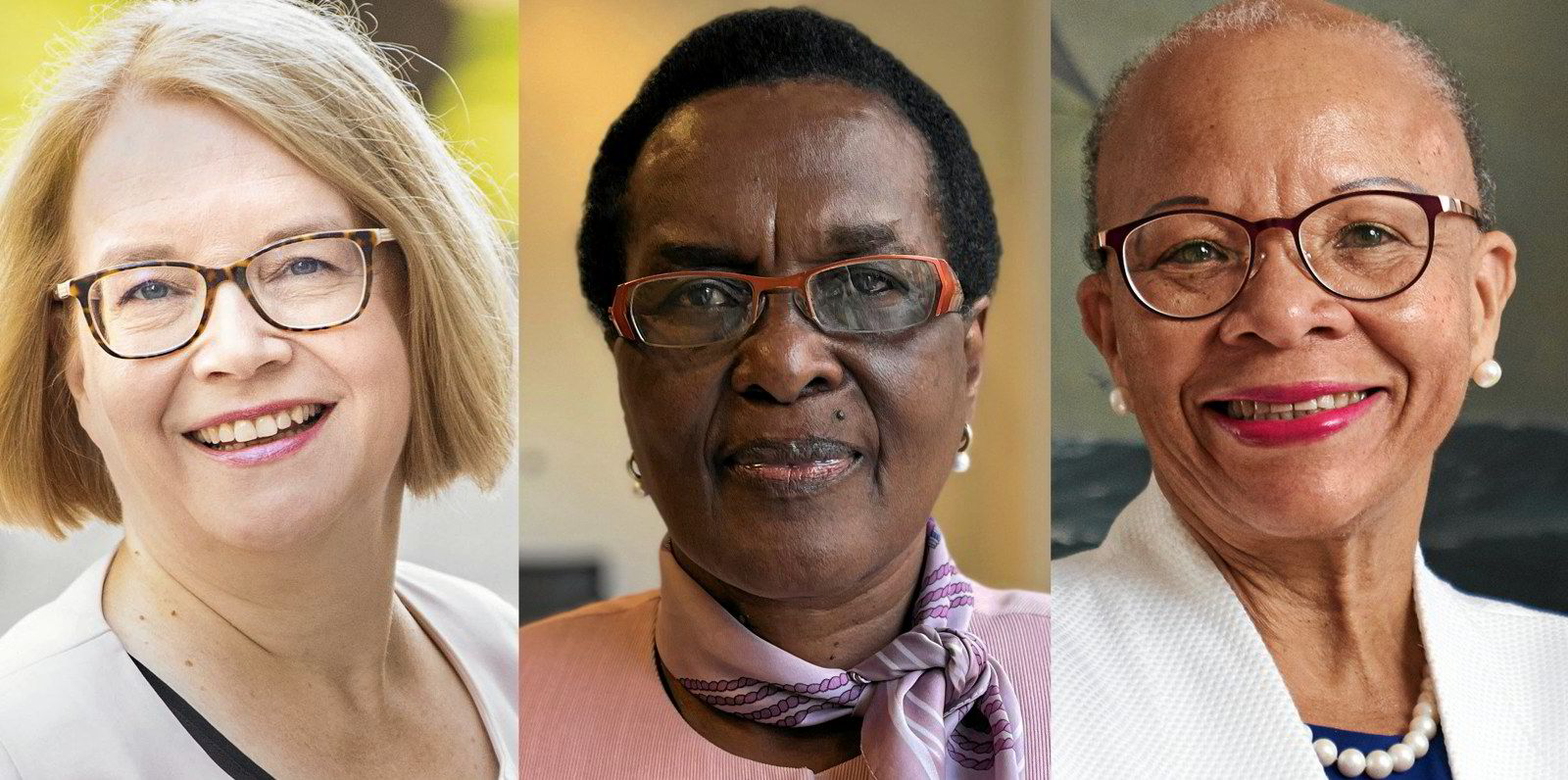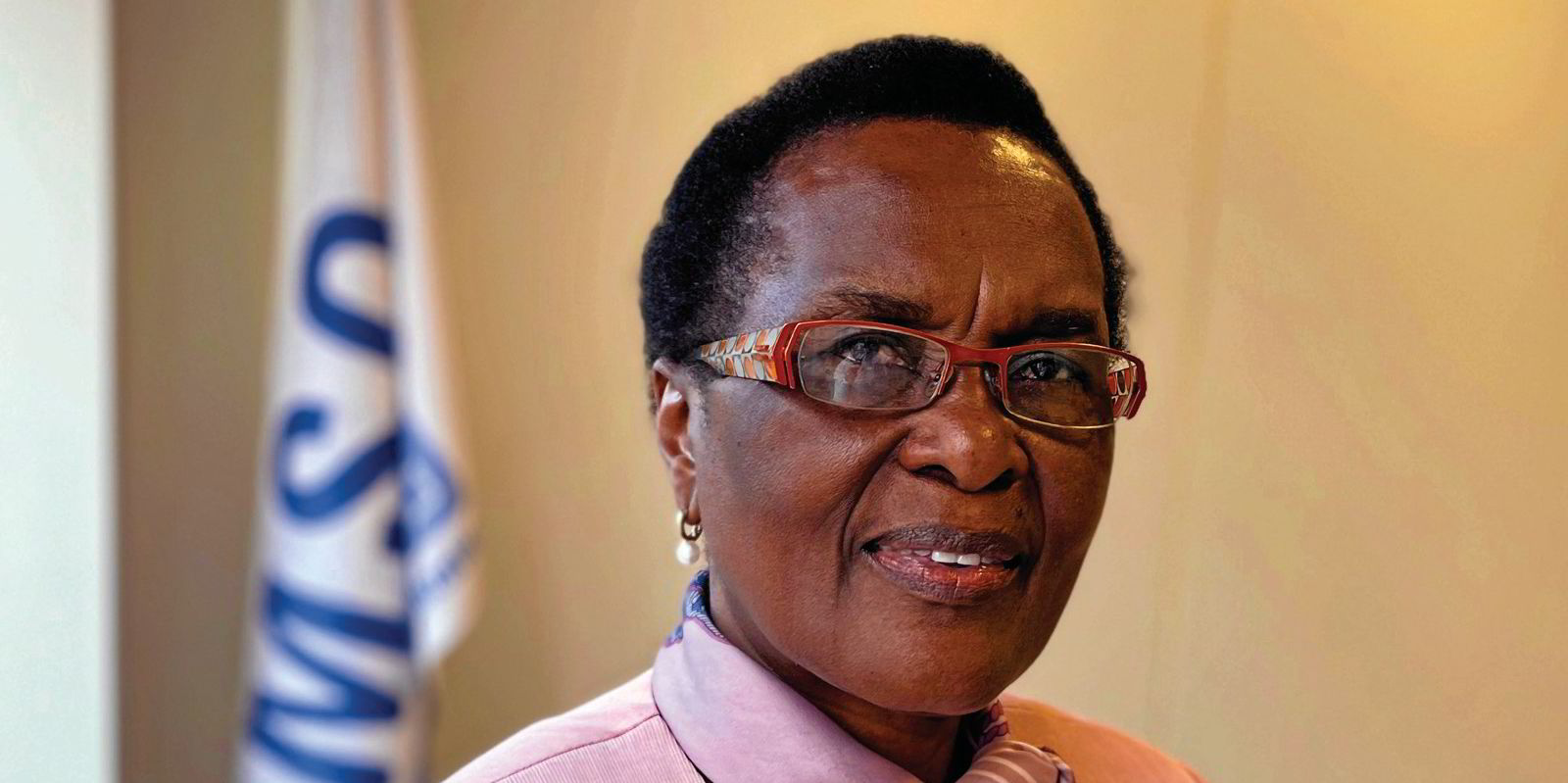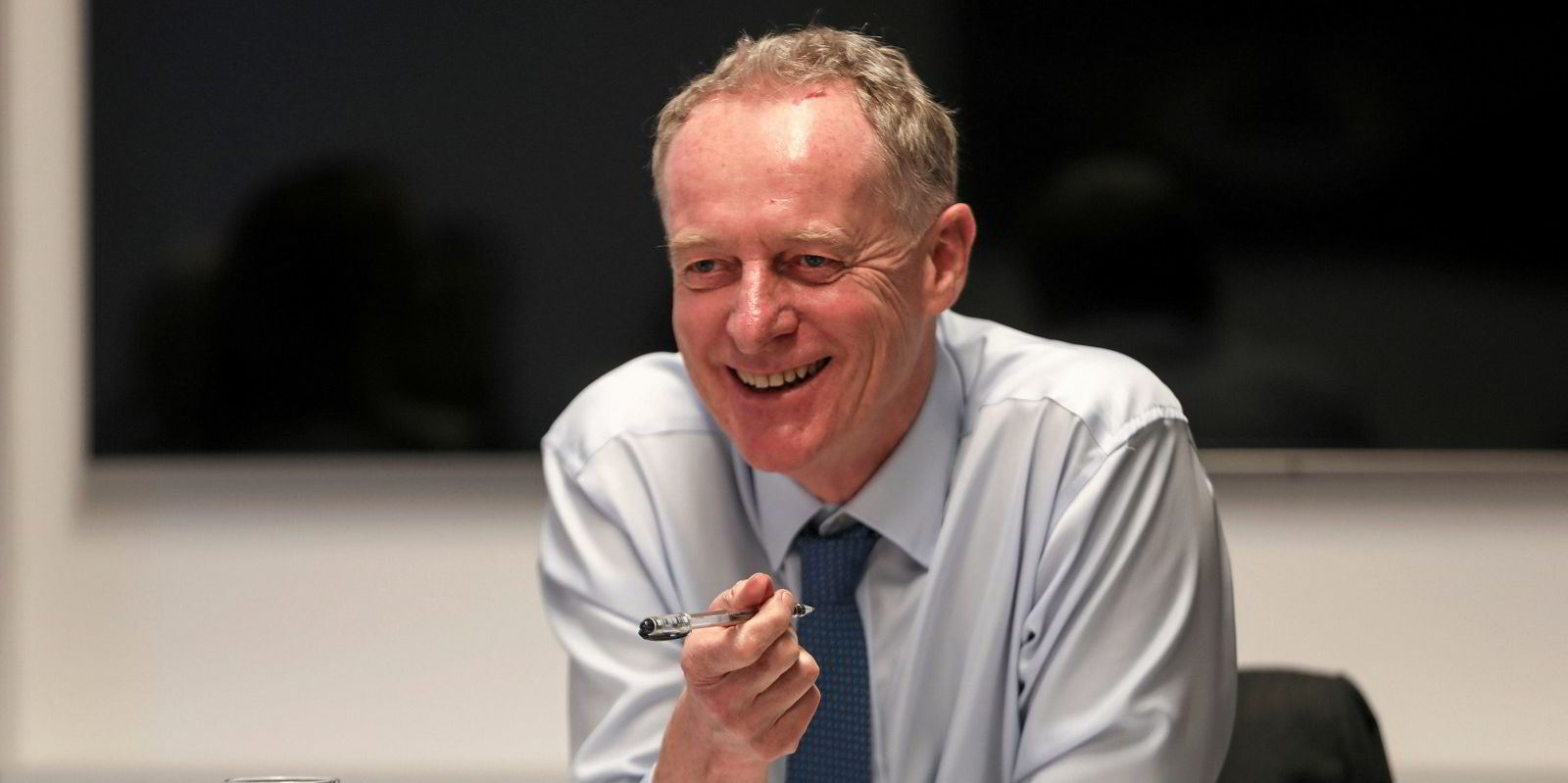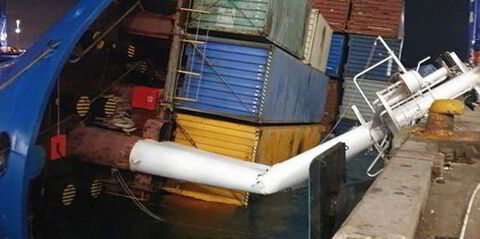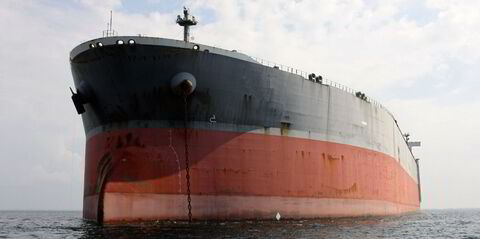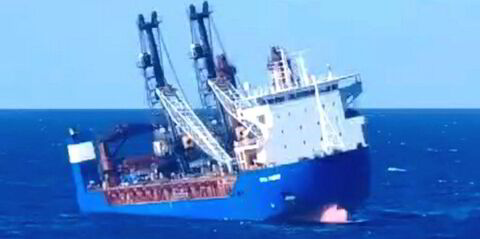Will the International Maritime Organization finally embrace gender parity in leadership, or is it all just “gender-washing”? The IMO, a specialised agency of the United Nations, has long advocated for gender parity, diversity and the empowerment of women in the maritime sector.
But despite the establishment of a dedicated UN day for women in maritime on 18 May each year and repeated calls for increased gender parity by member states, there is still a glaring absence of women in the top echelons of the organisation’s leadership.
As the IMO gears up to elect its ninth secretary general in July, now is the time for member states to demonstrate their commitment to these values by electing a woman to the post for the first time.
To date, all eight secretary generals of the IMO, in its 75 years of existence, have been men.
This is no surprise, given the maritime industry’s historically male-dominated nature. According to a 2020 study by the International Transport Workers’ Federation, women comprised a mere 2% of the global seafaring workforce.
This under-representation extends to leadership positions within the IMO, where women occupy a paltry 16.5% of senior management roles.
The IMO has taken steps to address this gender imbalance in recent years, with initiatives such as the IMO Gender Programme and the annual Day of the Seafarer campaign, which often emphasises the importance of female representation in the maritime workforce.
These efforts have yielded some progress, as the percentage of women in the industry has risen from 1% in 2010 to 2%. But there is still much work to be done, and electing a female secretary general would be a powerful signal of intent from the organisation and its member states.
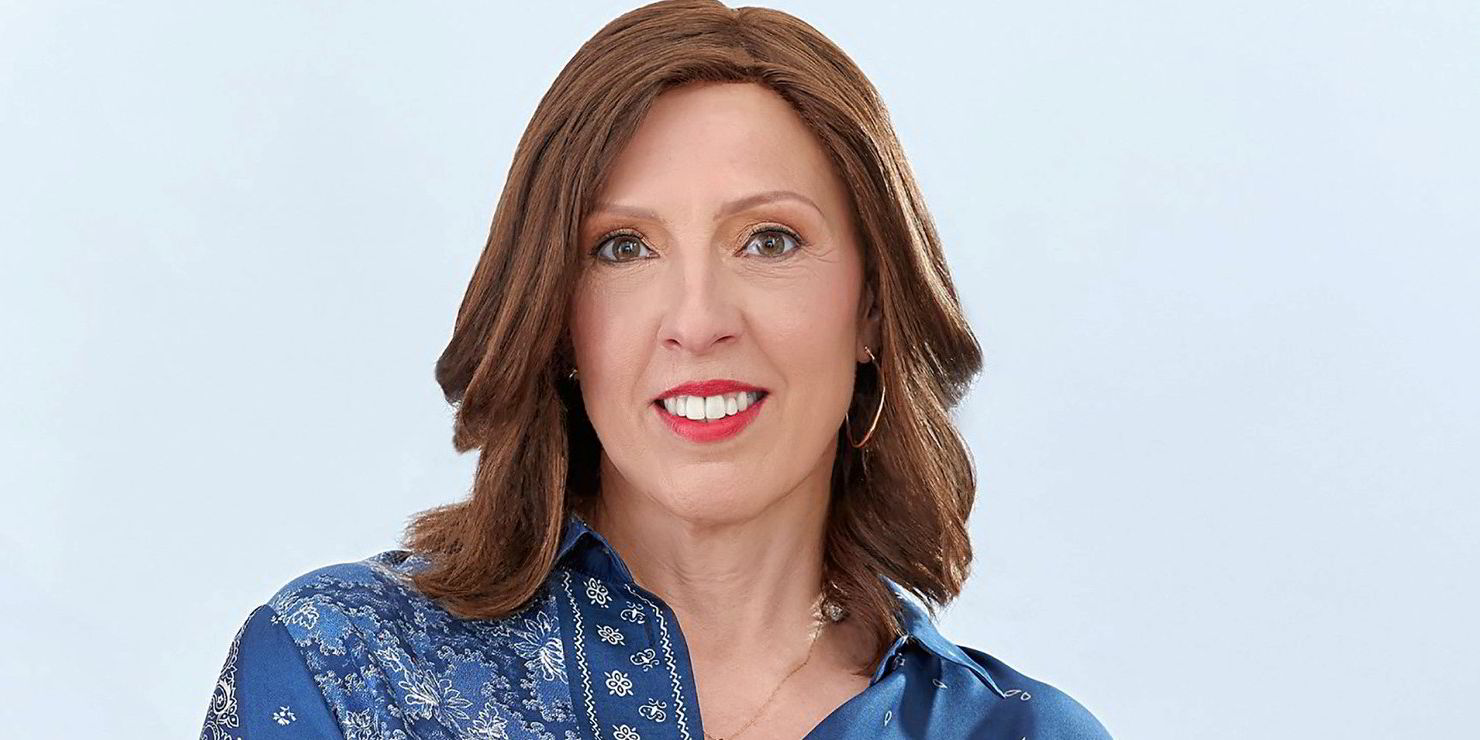
Beyond the symbolic significance, electing a woman to the post could have tangible benefits for the organisation and the industry as a whole.
Research by the International Labour Organization and the World Economic Forum has demonstrated that organisations with diverse leadership tend to be more innovative and effective in their decision-making processes.
Additionally, a female secretary general could serve as a role model, inspiring and empowering future generations of women to enter and excel in the industry.
Despite these benefits, a troubling disconnect exists between the rhetoric and actions of IMO member states on gender parity. Western countries, in particular, have been vocal proponents of gender parity within the UN and its agencies. Yet the same countries have consistently chosen male candidates for the top job at the IMO.
A troubling disconnect exists between the rhetoric and actions of IMO member states on gender parity
So, the time has come for them to put their money where their mouth is. By electing a female secretary general, the IMO can not only promote gender equality within its ranks but also drive positive change throughout the industry.
This would send a powerful message to the world that the IMO and its member states are serious about fostering a more inclusive, diverse and gender-balanced industry.
It is also crucial to address a common misconception: that there are not enough qualified female candidates in the running. Three of the seven candidates are women, each possessing outstanding credentials and a proven record as a leader in the maritime sector.
These women are not token candidates; they are trailblazers in their own right, having made significant contributions to the industry and demonstrated their commitment to the values the IMO seeks to uphold.
They have navigated the male-dominated maritime landscape with skill and determination, breaking barriers and paving the way for a more inclusive and diverse industry. Their accomplishments speak volumes about their leadership capabilities and their ability to bring about positive change.
By electing one of these remarkable women as the next secretary general, the IMO and its member states can showcase their dedication to embracing gender equality and empowering women.
It would be a historic moment that inspires hope and sets a precedent for future generations of female leaders to thrive and contribute to the industry. Together, we can create a more equitable and prosperous maritime world, led by trailblazing women who are ready to steer us towards a brighter future.
Anita de Werd is an entrepreneur and a former Africa director at Maersk
Do you have an opinion to share?
Email: news@tradewindsnews.com
